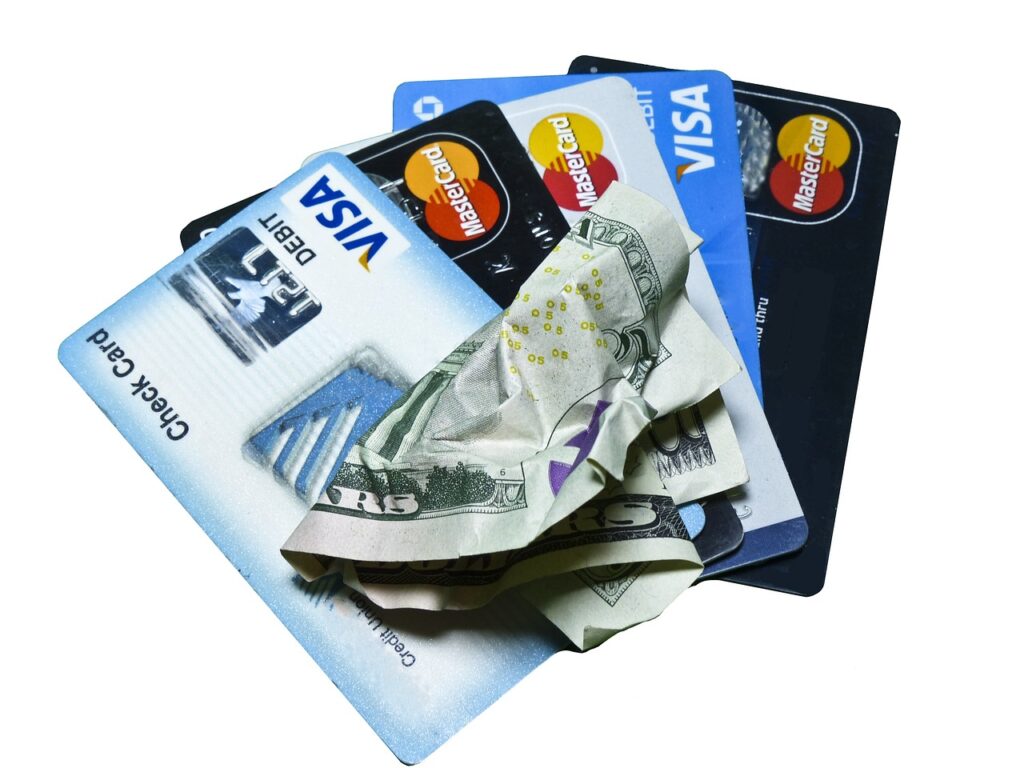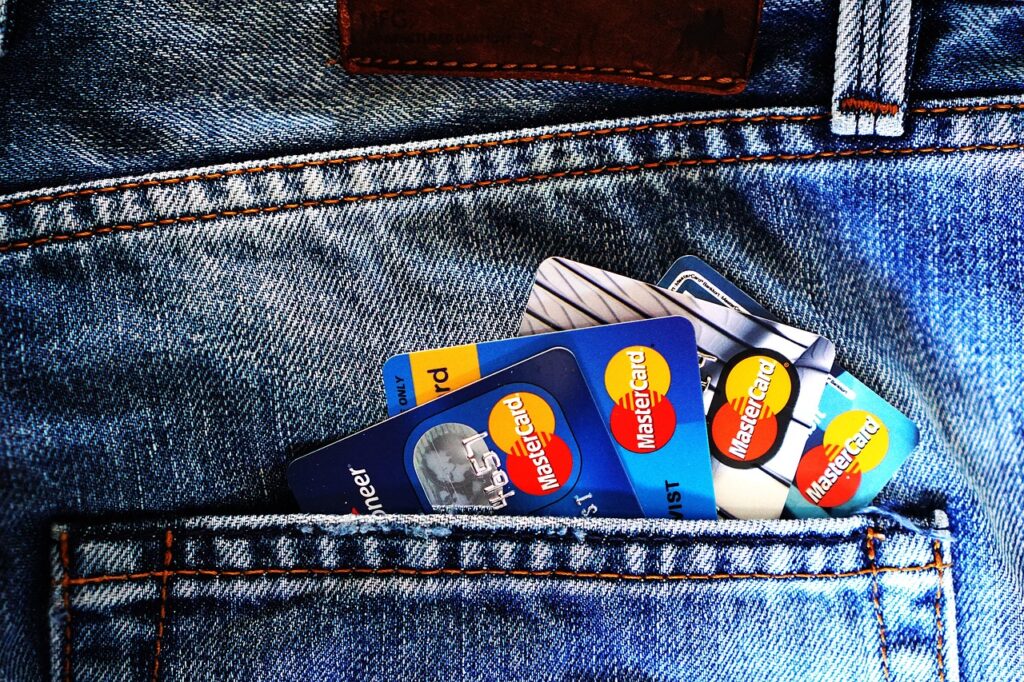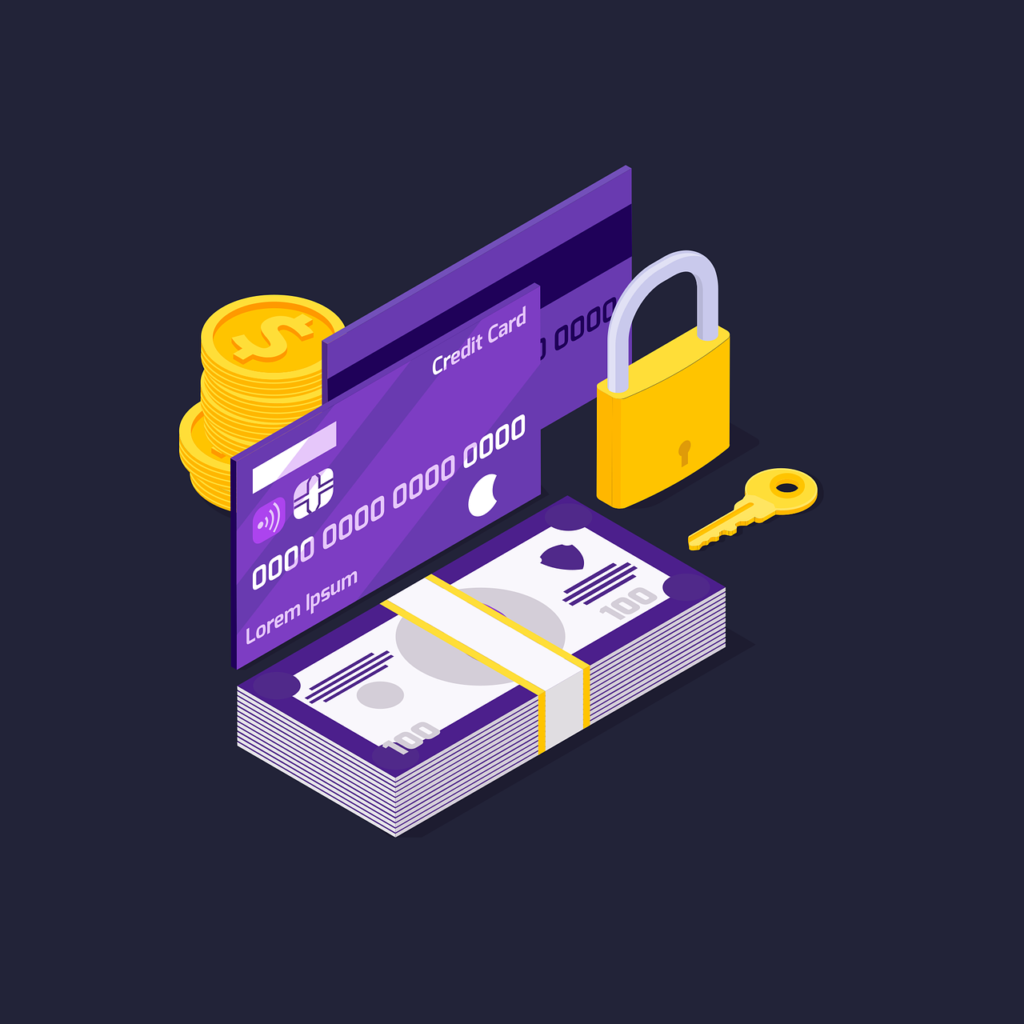Ah, the credit cards – the plastic marvels that promise convenience and financial freedom, but often lead us down the treacherous path of debt and despair. Usage of credit cards are picking up these days, some required some not so required. In today’s fast-paced world, the ubiquitous presence of credit cards has revolutionized the way we transact and manage our finances. It has become very easy to swipe for groceries to booking flights to ordering food on swiggy, zomato or uber and many more to buying home essentials also the non-so essentials, credit cards have become an indispensable tool for modern world. However, behind all these convenience lies a fascinating history, along with a myriad of benefits and pitfalls. Let’s delve into the origin, the good, and the bad of credit cards.

The Origin of Credit Cards:
Oh, the glorious inception of credit cards! Picture this: it’s the 1950s, and some genius decides we need a piece of plastic to buy stuff we can’t afford. Thus, the Diner’s Club Card is born, because clearly, we couldn’t survive another meal without the luxury of charging it to our account. Who needs cash anyway when you have a flimsy piece of plastic that says, “I’ll pay you later”. The concept of credit has roots tracing back to ancient civilizations, where merchants extended credit to trusted customers. However, the modern credit card as we know it emerged in the mid-20th century. The Diner’s Club Card, introduced in 1950, marked the dawn of the credit card era, offering convenience to its users by allowing them to charge meals at participating restaurants. This paved the way for the BankAmericard (now Visa) and Master Charge (now Mastercard), which popularized the concept of revolving credit lines.
The Very Good:
Convenience and Flexibility:
Credit cards offer unparalleled convenience, allowing users to make purchases online, in-store, or over the phone with ease. Additionally, they provide a flexible payment option, enabling users to pay off their balances in full or over time, depending on their financial situation. After all what could be more convenient than waving a piece of plastic at a counter and pretending like you’re living in the future while silently weeping over your impending debt? And don’t get me started on the flexibility – because nothing says “financial flexibility” like paying off that vacation to the Europe trip over the next 10 years.

Building Credit History:
Ah, the sacred ritual of building credit history. Because who doesn’t want a permanent record of all the times they’ve succumbed to impulse purchases and maxed out their credit card? but Responsible credit card usage can help individuals establish and build their credit history, which is crucial for obtaining loans, mortgages, and favorable interest rates in the future. Timely payments and maintaining a low credit utilization ratio demonstrate financial responsibility and can boost credit scores.
Rewards and Perks:
Who doesn’t love a reward or a cash back!!. Many credit cards offer rewards programs, cashback incentives, and exclusive perks such as loyalty points, travel insurance, airport lounge access, and purchase protection. By leveraging these benefits, cardholders can maximize the value of their spending and enjoy additional perks tailored to their lifestyle.
Emergency Fund Access:
Credit cards serve as a financial safety net during emergencies or unexpected expenses. In times of need, having access to a revolving credit line can provide immediate relief, allowing individuals to cover essential expenses while they work on a long-term solution.

The Very Bad:
High-Interest Rates:
There are no free lunches and one of the most significant drawbacks of credit cards is the potential for high-interest rates, especially for those who carry balances from month to month. Accumulating interest charges can quickly spiral out of control, leading to a cycle of debt if not managed responsibly. The sweet melody of compound interest which is often quoted as the 8th world wonder – music to the ears of credit card companies everywhere. Because why charge a reasonable interest rate when you can slap on a hefty APR and watch your customers drown in debt? It’s a beautiful symphony of financial ruin.
Overspending and Debt Accumulation:
Ah, the irresistible allure of overspending! Because who needs self-control when you have a credit card burning a hole in your wallet? It’s like playing a game of financial Russian roulette, except instead of bullets, it’s just mounting debt and regret. Old Habits die hard, the ease of swiping a credit card can tempt individuals to overspend beyond their means, leading to financial strain and debt accumulation. Without proper budgeting and self-discipline, credit card debt can become burdensome, affecting one’s financial well-being and creditworthiness.
Fees and Penalties:
Credit cards often come with various fees and penalties, including annual fees, late payment fees, and over-limit fees. It is literally the cherry on top of the credit card sundae – fees and penalties! Because why stop at charging exorbitant interest rates when you can tack on annual fees, late payment fees, and over-limit fees? It’s like a never-ending buffet of financial exploitation. Failure to understand and manage these fees can result in unnecessary expenses and negatively impact one’s financial health.
Security Risks:
With the rise of online transactions and data breaches, credit card fraud and identity theft pose significant security risks to cardholders. Despite advancements in security measures such as EMV chips and tokenization, vigilance and proactive monitoring are essential to mitigate the risk of fraud.

Conclusion:
credit cards have transformed the way we conduct financial transactions, offering unparalleled convenience, flexibility, and rewards. However, like any financial tool, they come with both benefits and risks. By understanding the origin, the good, and the bad of credit cards, individuals can make informed decisions and leverage their benefits while mitigating potential pitfalls. Ultimately, responsible credit card usage, coupled with prudent financial management, is key to harnessing the power of plastic without falling victim to its downsides.